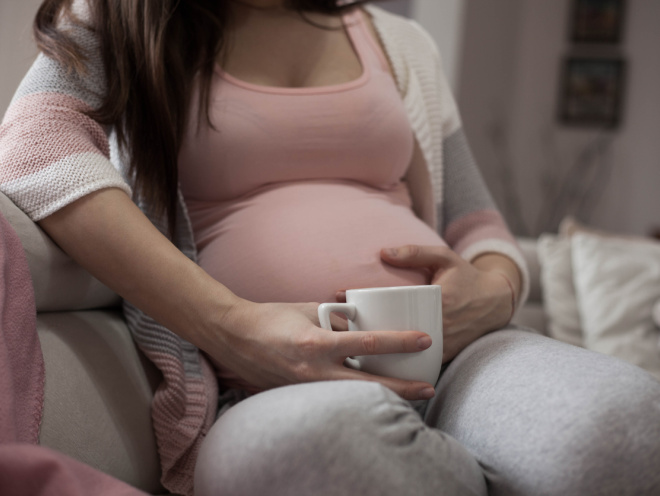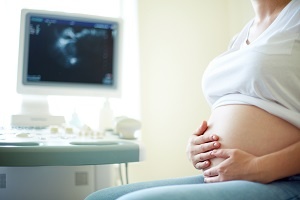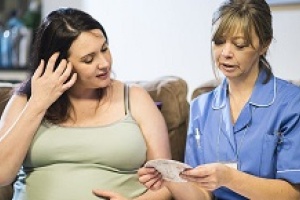Knowing that your child has a disability can be a life-changing. Here’s what you need to know to travel the road ahead smoothly.
Antenatal screening tests
When you’re pregnant, you’ll be offered various screening tests to try to find any health problems that could affect you or the baby. The tests can help you make choices about care or treatment while you’re pregnant or after your baby is born. For more information on the available screening tests, give our guide a read.
A national charity that can offer you non-directive information and support before, during and after antenatal screening is Antenatal Results and Choices (ARC). It can support you if you are told your baby has an anomaly, and during as well as after difficult decisions about a pregnancy. The ARC website and helpline (0845 077 2290 or 0207 713 7486) provide details on what the different test results mean and what the next steps are likely to be (Antenatal Results and Choices, 2018).
Newborn screening tests
As well as the antenatal tests, when your baby’s born, they’ll be given tests as part of the Newborn and Infant Physical Examination (NIPE) Programme too. The NIPE programme screens newborn babies for abnormalities of the eyes, heart, hips and testes (Public Health England, 2018).
As part of the Newborn Hearing Screening Programme (NHSP), your baby will get a hearing test (Public Health England, 2015).
Lastly, the NHS Newborn Blood Spot (NBS) Screening Programme screens newborn babies for serious but rare conditions. It screens for phenylketonuria, congenital hypothyroidism, sickle cell disease, cystic fibrosis and medium-chain acyl-CoA dehydrogenase deficiency (MCADD).
Help and support
It can be very really hard to take in information when you are upset or in shock at the news. So it’s crucial you get some help if your baby is diagnosed with a disability. When you go for your appointments, take someone with you as a second pair of ears and for support.
It can also be helpful to write down any questions in advance. Although everyone's experience will be different, it can be hugely reassuring and helpful to speak to other parents who have children with the same condition.
Here are some places to contact for help, advice and support:
- The charity Bliss can provide advice and support to families with a baby who was born premature or sick.
- Call the Carers Direct helpline (0800 055 6112) if you need help with your caring role and want to talk to someone. You can also find an online booklet listing organisations that can provide early support for children and families (Office of Public Sector Information, 2012).
- Health charities like the Down's Syndrome Association can give advice and guidance.
- The charity Contact has advice and information for families with disabled children.
- Your local council can provide help if you have a disabled child, including:
- short break services
- holiday play schemes
- care at home
- some aids and adaptations to help with daily living
- financial help, e.g. money towards travel costs for hospital visits. (Gov.UK, 2018)
If you think your child might qualify, contact the social services team at your local council. A social worker will then talk to you about the needs of your family, including health, social care and education (Gov.UK, 2018).
Head here for more information on how your local council might be able to help.
- The NHS Early Support Programme no longer operates. But among their resources you can find a comprehensive list of over 100 UK organisations that relate to disabled children.
- Mencap is a charity that provides information and support to families of children with learning disabilities.
- Newlife is a charity for children with disabilities. They can also help with grants and loans for special equipment for your child.
- NHS Choices provides information on caring for a child with disabilities.
- Best Beginnings: Small Wonders project provides short videos on life with a premature baby to help parents get involved in their baby’s care.
- Cerebra offer an information and support service for parents, carers and others involved with any child with a brain-related condition.
- Genetic Alliance UK is a national charity supporting people who are affected by genetic disorders.
- The Sickle Cell Society provides information, counselling and care for people with sickle cell disorders as well as their families.
- Shine provides specialist support for anyone living with spina bifida and/or hydrocephalus, and to parents and carers.
- The Cystic Fibrosis Trust has a helpline (0300 373 1000), plus information and support on any aspect of cystic fibrosis, including financial support like benefits and grants.
- SOFT is the support organisation for trisomy 13 or 18 and related disorders.
In summary? You never, ever have to feel alone.
This page was last reviewed in April 2018.
Further information
Our support line offers practical and emotional support with feeding your baby and general enquiries for parents, members and volunteers: 0808 588 1662.
You might find attending one of our NCT New Baby groups helpful as they give you the opportunity to explore different approaches to important parenting issues with a qualified group leader and other new parents in your area.
Make friends with other parents-to-be and new parents in your local area for support and friendship by seeing what NCT activities are happening nearby.
Antenatal Results and Choices (2018) Tests explained. Available from: http://www.arc-uk.org/tests-explained [Accessed 22nd April 2018].
Gov.uk (2018) Help if you have a disabled child. Available from: https://www.gov.uk/help-for-disabled-child [Accessed 22nd April 2018].
Office of Public Sector Information (2012) Early support for children, young people and families: information about useful contacts and organisations. Available from: https://councilfordisabledchildren.org.uk/sites/default/files/field/attachemnt/updated-information-about-useful-contacts-and-organisations.pdf [Accessed 22nd April 2018].
Public Health England (2015) NHS screening programmes in England. Available from: https://assets.publishing.service.gov.uk/government/uploads/system/uploads/attachment_data/file/574717/Screening_in_England_2013_to_2014.pdf [Accessed 22nd April 2018].
Public Health England (2018) Screening tests for you and your baby. Available from: https://assets.publishing.service.gov.uk/government/uploads/system/uploads/attachment_data/file/696849/Screening_tests_for_you_and_your_baby.pdf [Accessed 22nd April 2018].







